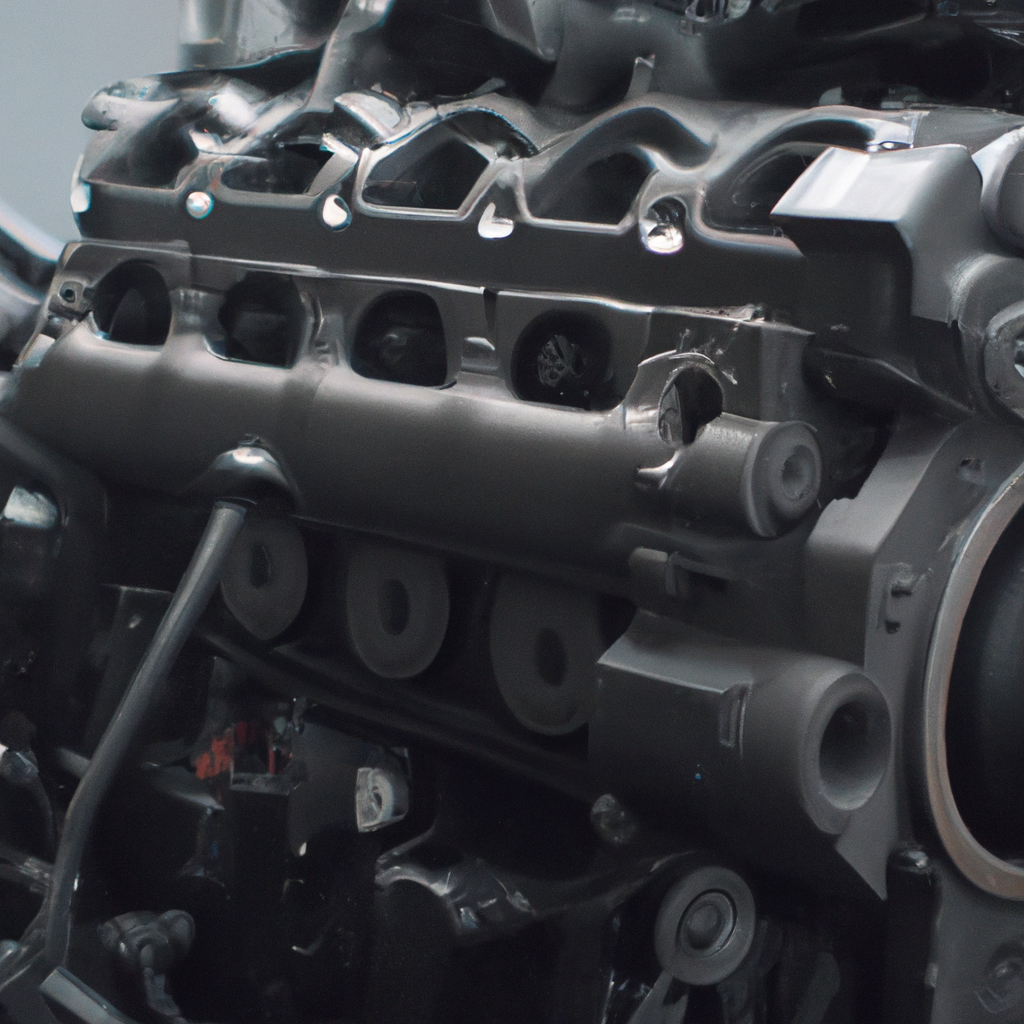Diesel engines are widely used in vehicles and industrial equipment all over the world. They are renowned for their fuel efficiency, high torque, and long-lasting durability. In this article, we will explore how diesel engines work, including combustion, fuel injection, and compression ignition.
Internal combustion engine
Diesel engines are a type of internal combustion engine, meaning they generate power by burning fuel inside the engine. When fuel is burned, it releases energy that is converted into mechanical work, which powers the vehicle or equipment.
Combustion
Combustion is the process by which fuel is burned to produce energy. In a diesel engine, fuel is injected into the engine’s combustion chamber, where it mixes with air that has been compressed to high pressures. The fuel-air mixture is then ignited by the heat generated by the compressed air. This process is known as compression ignition, which differs from spark ignition engines, where a spark plug ignites the fuel-air mixture.
Fuel injection
Fuel injection is the process by which fuel is delivered to the engine’s combustion chamber. In diesel engines, fuel is injected directly into the cylinder, where it mixes with the compressed air. The fuel injector is an essential component of a diesel engine, ensuring that the fuel is delivered in precise amounts and at the right time.
Diesel fuel
Diesel engines require a specific type of fuel, known as diesel fuel. Diesel fuel is a hydrocarbon-based fuel that is less volatile than gasoline. It is made by refining crude oil and is commonly used in vehicles and industrial equipment.
Compression ignition
Compression ignition is the process by which fuel is ignited in a diesel engine. It occurs when the air in the engine’s combustion chamber is compressed to a high pressure, typically between 15:1 and 25:1. The high pressure causes the air to heat up, which ignites the fuel when it is injected into the chamber. The process of compression ignition is what gives diesel engines their high torque and fuel efficiency.
Engine performance
Diesel engines are renowned for their high performance, especially in terms of torque and fuel efficiency. The high torque of a diesel engine is due to its compression ignition process, which generates more force than a spark ignition engine. This makes diesel engines ideal for applications that require high pulling power, such as trucks and heavy equipment.
Horsepower
Horsepower is a measurement of an engine’s power output. Diesel engines typically have lower horsepower ratings than gasoline engines, but they make up for this with their high torque and fuel efficiency. This makes diesel engines ideal for applications that require sustained power output over long periods, such as trucks and heavy equipment.
Conclusion
In conclusion, diesel engines are a type of internal combustion engine that uses compression ignition to generate power. Fuel is injected directly into the engine’s combustion chamber, where it mixes with compressed air and is ignited by the heat generated by the compressed air. Diesel engines are renowned for their high torque, fuel efficiency, and durability, making them ideal for a wide range of applications. By understanding how diesel engines work, we can appreciate their unique characteristics and benefits.







